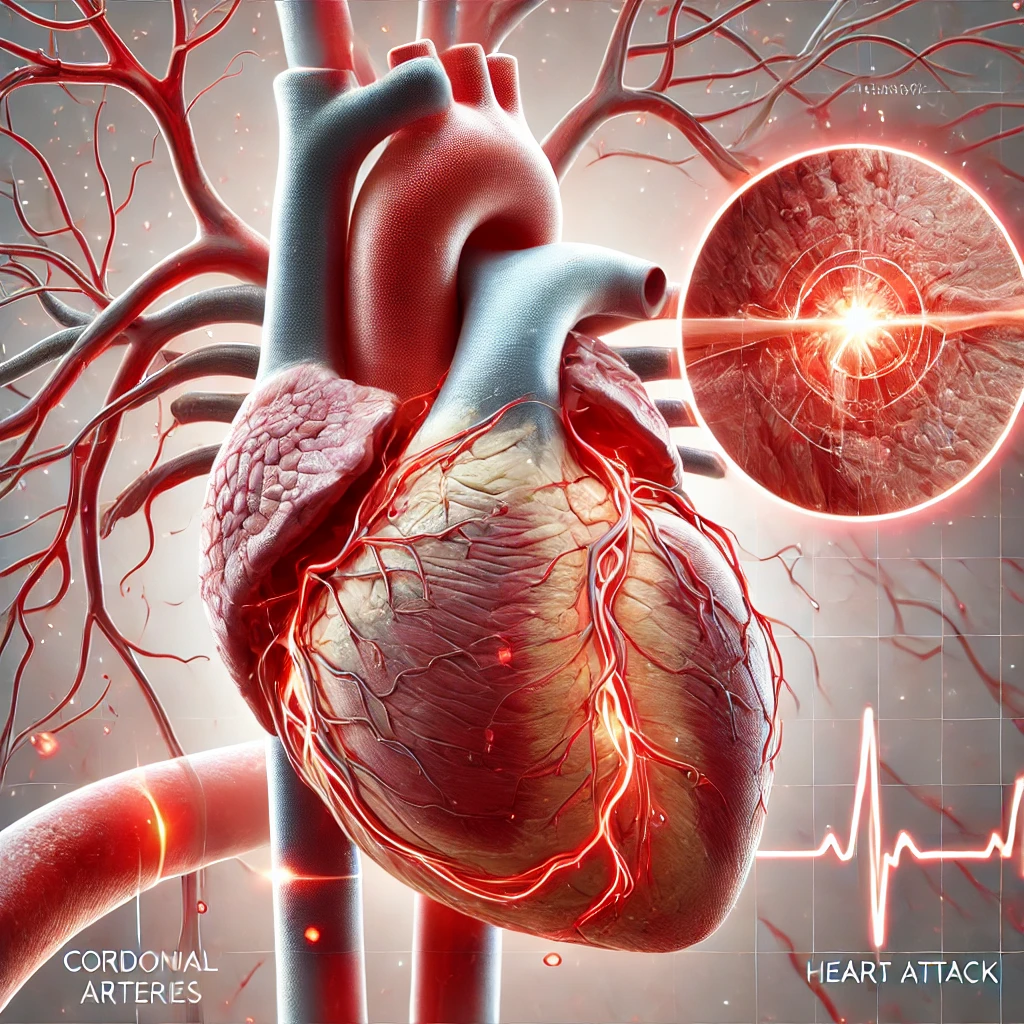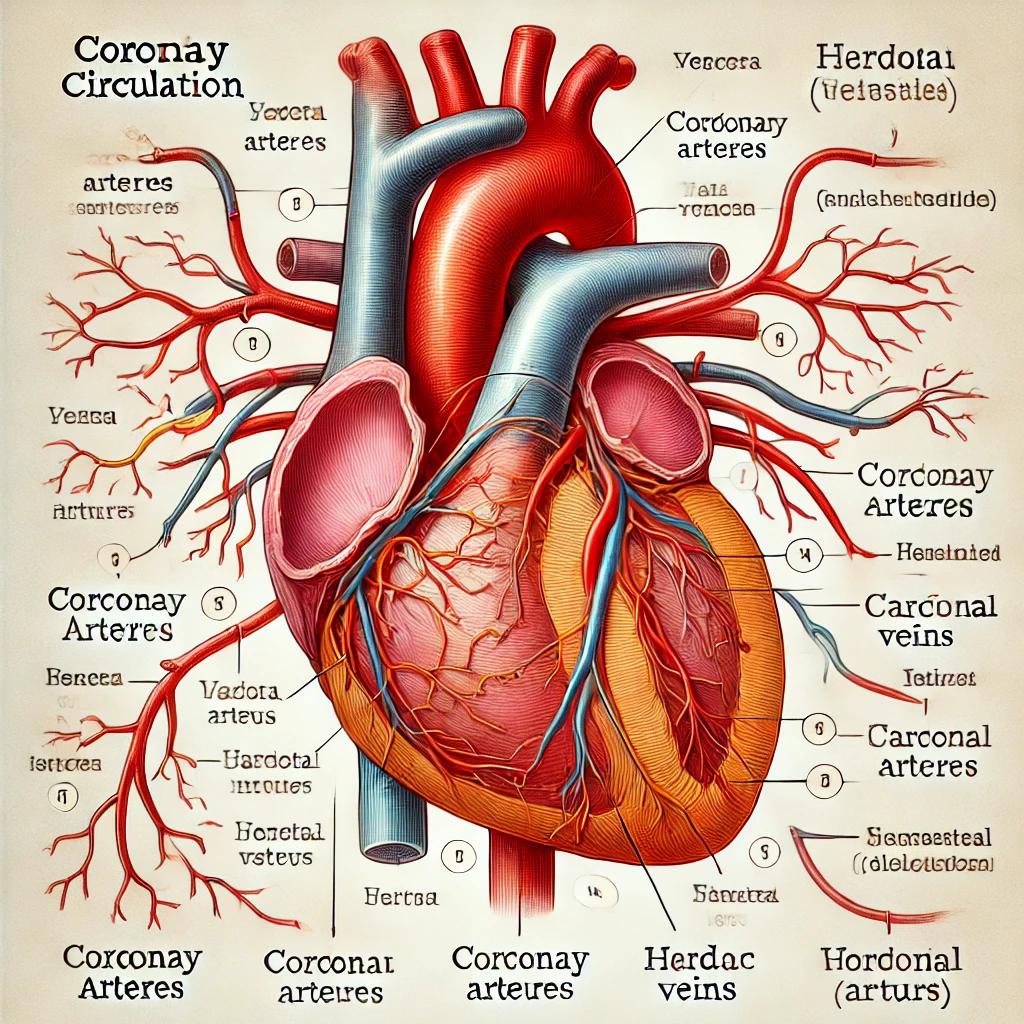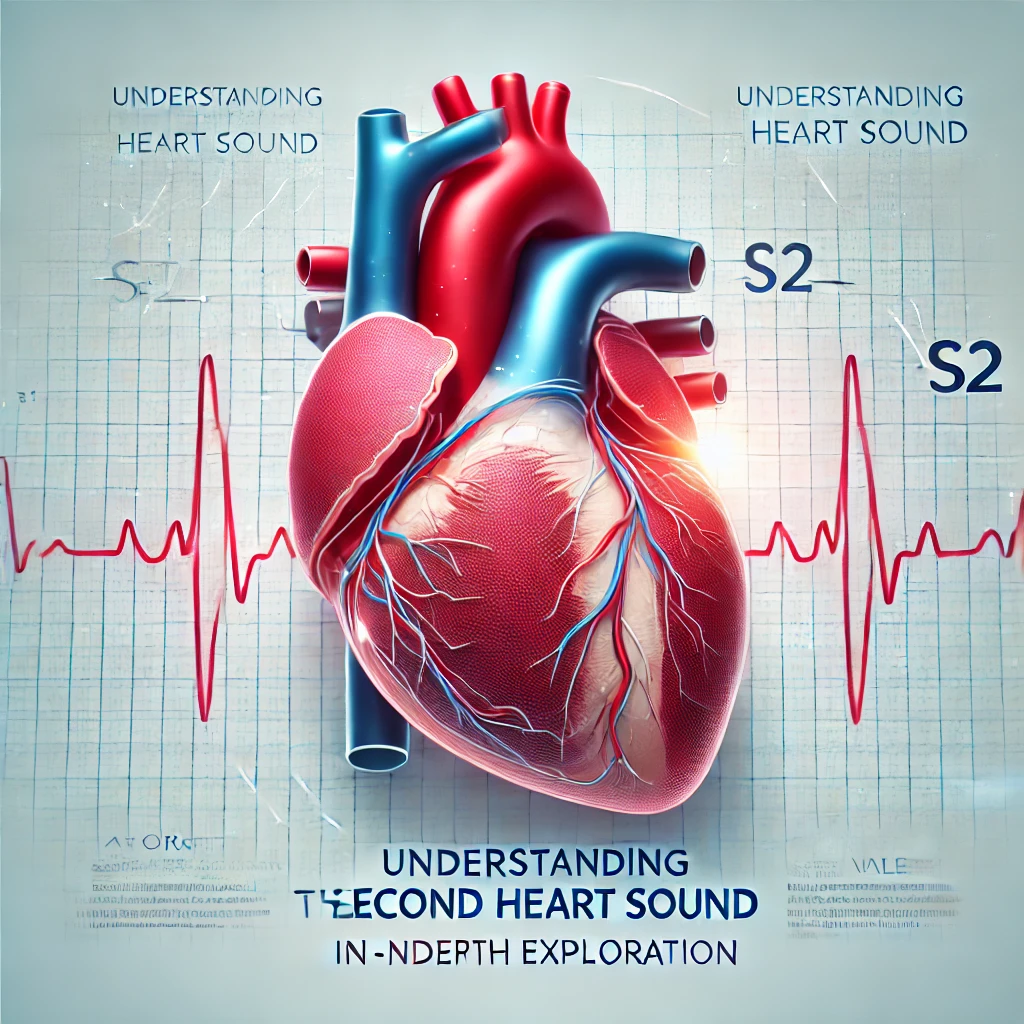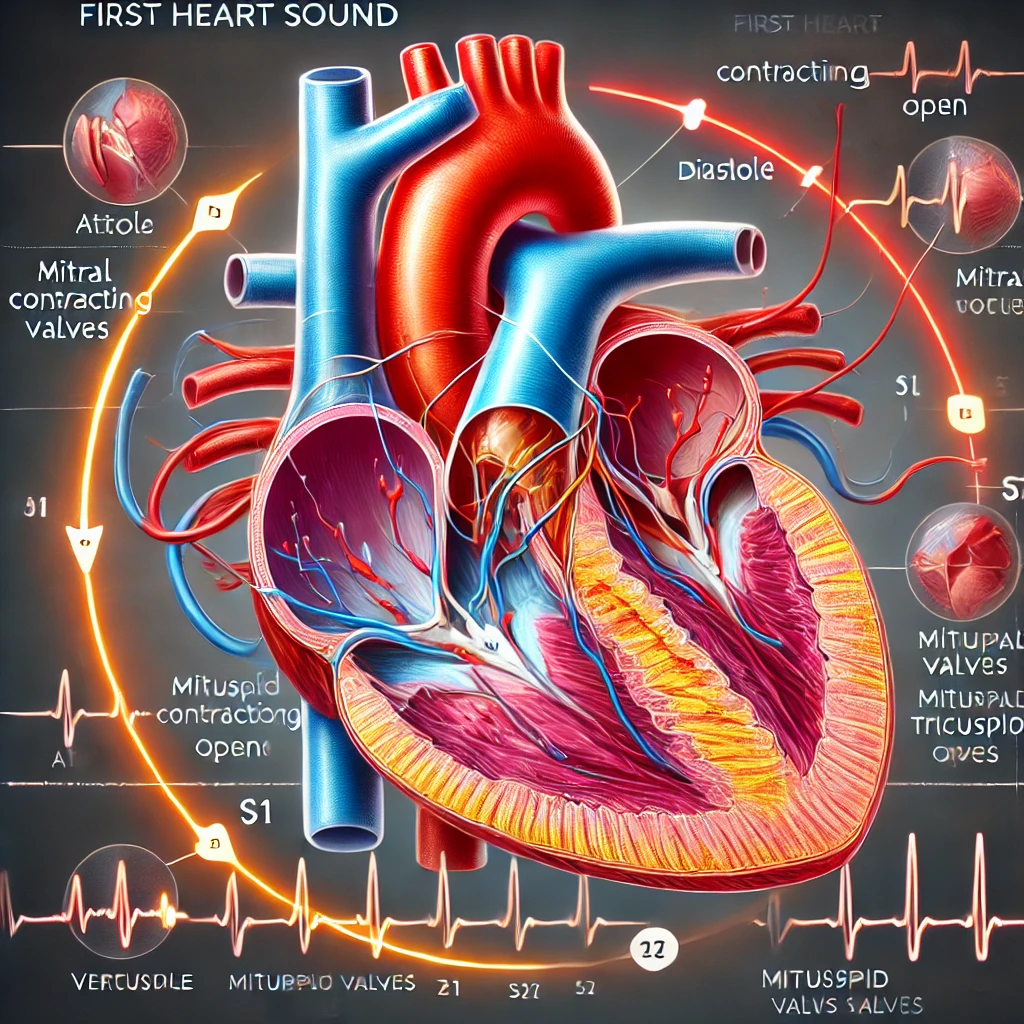
Social media can be a good thing. It can help you to connect with people, find like-minded communities, view content tailored to your interests, and be a tool to promote your business or talents. Despite the advantages of social media, there’s also a dark side. I would be a hypocrite to say that I don’t use social media. I regularly use Facebook, and I have used Instagram in the past (though I’ve now deleted my account because of the reasons I will talk about). I will never get onto the TikTok bandwagon, that’s for sure. I’m not completely anti-social media, but I do think that it’s taking over people’s lives and is impacting mental health. Social media is no longer being used in a constructive or meaningful manner. Here are the reasons why I think that social media is negative and destructive.
1. The constant comparison of yourself.

This is probably the top reason that I hate social media especially Instagram. On Instagram you’re constantly bombarded with images of people living their best lives. I felt so fed up of seeing incredible travel pictures, loved-up couples and women looking stunning with endless likes. I’d think to myself, why does this girl have hundreds of likes, but I only have less than a handful? Am I unattractive? Do people think I’m ugly and pathetic? I also used Instagram and Facebook to get my business and talents out there to a wider audience only again to have few likes and followers.
People keep saying that it’s not about the likes and the followers, but it really feels like it is. It feels like if few people engage with your content, you’re being ignored. It feels like being the unpopular and invisible kid at high school again. I tried to post relatable content and make fun reels about my interests, only to be ignored.
Instagram made me feel like I wasn’t living my life or that I was failing at life – I hadn’t travelled enough, I wasn’t successful, attractive or popular. I know that a lot of what you see on social media isn’t always the whole truth or reality, but it doesn’t make you feel any better. Instagram was just making me feel low all the time and quitting did a lot of good for my mental health. I still have ups and downs with Facebook, but I interact with a lot of my friends on there (friends who don’t use Instagram much or at all) and am part of groups of interest to me. Plus I get lots of links to videos, and new and media articles. I still have periods though where I need to take time out from Facebook.
2. Searching for validation.

Social media is one huge cesspool of insecurity and thirst for validation, regardless of content. Whether it’s an influencer flaunting their luxurious lifestyle and model-like body or another influencer posting endless pictures of their body, masking it as “self-love” and “body positivity,” both scream insecurity. You can enjoy a luxurious lifestyle or feel good about your body without endlessly posting it all over social media. Many of these influencers post constantly, usually with the same kind of photos and messages. Is it really about inspiring and influencing people, and are Instagram and TikTok really the best mediums for doing that?
I’m guilty of having used social media for validation. I would post content hoping to inspire, but really I felt that it was feeding my insecurity. If I got loads of likes, comments, and new followers, I would feel happy (though only temporarily, as I craved even more likes and followers), and when I hardly got any likes or followers, I would feel depressed.
Social media makes you feel like a failure if not enough people are engaging with your content. I would feel bitter and envious of the people doing the same things as me, but they had far more followers and likes. Social media is extremely competitive, and trying to get in with the competition is overwhelming, which leads me onto my next point.
3. Social media is incredibly competitive, and success is mainly based on luck.
Gaining followers and monetizing content is a mixture of luck and skill. Combined with the right algorithms, knowing how to market yourself is much of the key to success. It’s mostly luck, though, especially if you happen to be spotted by big brands that want to work with you. This drive for success leads to a lack of authenticity, with influencers posting content that they know will get more likes and followers (usually heavily edited photos and controversial videos). Influencing has become a real job, with the current generation aspiring to become YouTubers, TikTokers, and Instagramers. Only a tiny percentage make money and become successful, but even then, you could argue whether it’s really a meaningful career. Is there really anything inspiring about being paid to promote products and make pointless and mindless videos that have a negative influence, especially on impressionable younger people? Social media content isn’t often very meaningful, real, or based on talent.
4. Promotes misinformation and influences impressionable young followers.
Dangerous challenges are rife all over TikTok. It seems like every week that I read about another worrying new trend or challenge that leads to young people ending up hospitalised or even dead! The scariest thing about social media is that it serves as a platform for idiotic people to promote dangerous trends, spread misinformation, and voice disgusting and dangerous views, like Andrew Tate. There is nobody to filter or stop these people. It’s pretty damn scary. People think that because an influencer is popular with loads of followers, everything they say is gospel. So many influencers use social media as a medium to spout lies or display their ignorance, such as the anti-vaxxers or the pro-Palestine lobby.
5. It’s a waste of time.
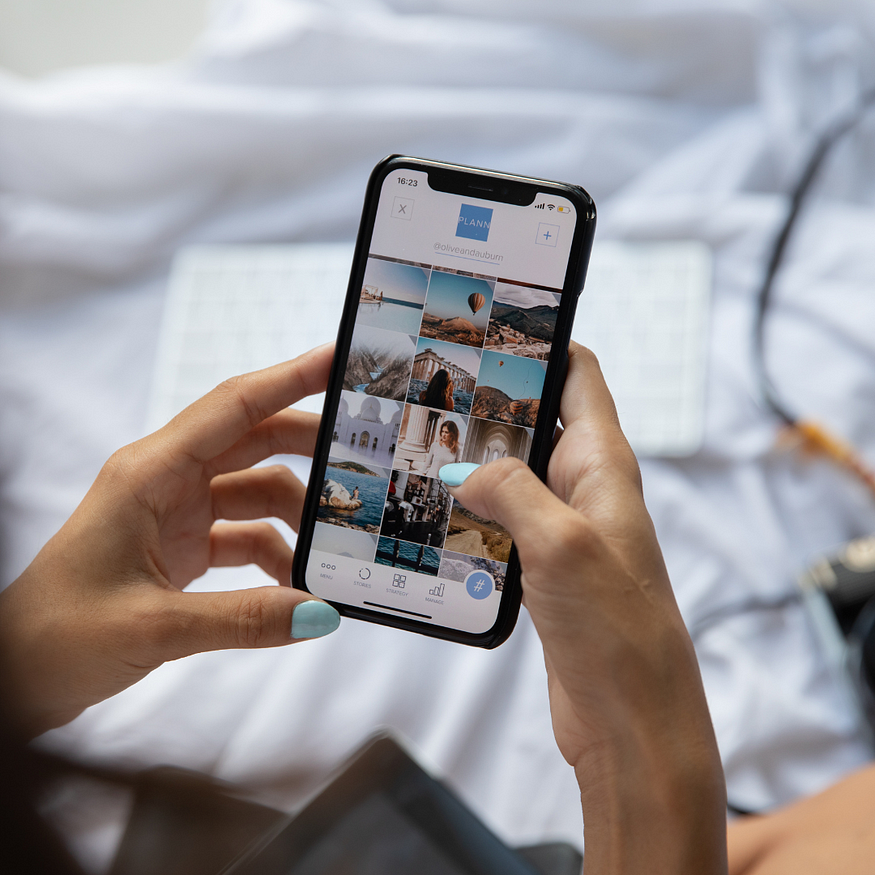
I find social media to be a huge time waste! I found myself mindlessly scrolling through Instagram for hours, not really gaining anything from it. I wasn’t learning anything or doing anything useful. The time scrolling could have been spent far more constructively, such as engaging in more meaningful hobbies like exercise and learning a language (things that I enjoy and that improve my mental health). Social media is the worst vice for serial procrastinators. If you’re a procrastinator or easily distracted, social media is your worst enemy.
6. It prevents you from enjoying your life.

How many people feel the need to post every aspect of their lives, from what they’re eating to what they’re doing? While it’s not a bad thing to share your memories with your friends, for some, it’s a compulsion. Not every moment in life needs to be documented or live streamed. Not every moment needs to be shared ASAP. Some people share everything they do while they’re doing it, for example, posting on social media while they’re on a romantic date or watching an incredible sunset. What’s the urgency? Posting on social media while you’re enjoying wonderful moments in life takes away from savouring and treasuring them. Just put down the damn phone and enjoy the scenery and company around you instead of posting pictures and refreshing the page to see if you have more likes.
7. It doesn’t necessarily portray reality.
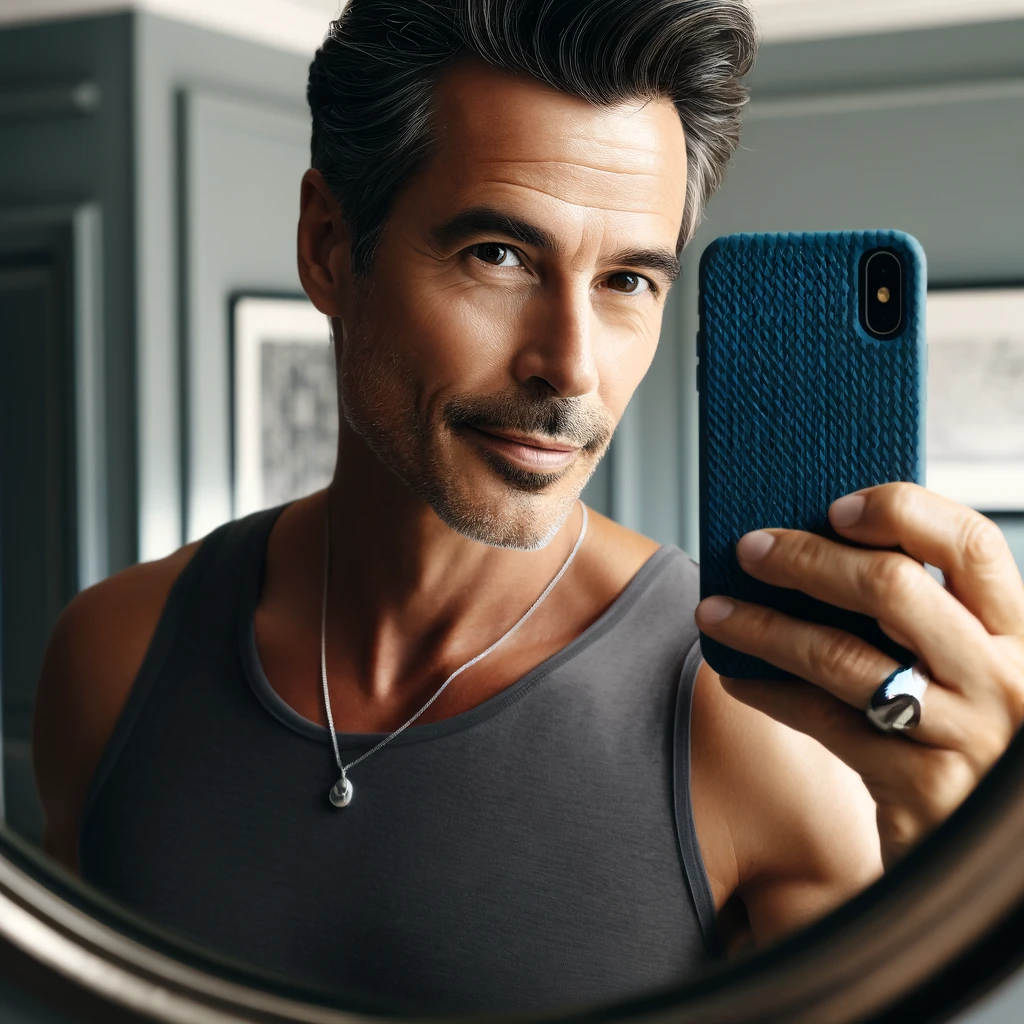
The thing with social media is that people aren’t always honest and hide behind filters. How many times have you seen celebrities, from Kim Kardashian to Z-list celebrities, filter and Photoshop their pictures, from teeny waists to limbs looking disproportionately long? Or pictures with heavy makeup that have taken an age to apply and are selected after 100 takes? Even if the pictures are more natural, it doesn’t mean that the person in the picture is happy despite being surrounded by luxury or in an exotic location. Even those influencers who purposely post unflattering pictures and “honest” posts aren’t necessarily honest either. Many of these influencers claim that they love and accept their bodies, but their constant preoccupation with posting pictures of their bodies suggests otherwise. Again, it links back to seeking approval and validation.
8. It affects relationships.

It’s a known fact that popularity and growth of social media usage have led to less communication between people and fewer social skills. I hate seeing people who are meant to be spending time together glued on their phones, from a couple out on a date to families out for dinner. Even my own family members are glued to their phones—even my mom, who is 74!
Not only do I find it rude when people use their phone in the company of others (with the exception of important calls or messages for a quick break), but I also find it limits conversation and makes time together less quality. It’s difficult to have a proper conversation if you’re distracted by social media. Research shows that social media usage impacts relationships and marriages negatively, with couples interacting less with one another.
So there you have it. Whilst there are benefits to social media, unfortunately, it seems that many struggle to use it in moderation, and social media usage leads to feelings of inadequacy and low self-esteem. If social media makes you feel that way, it’s best to switch off from it. Social media may make you feel as though you’re missing out on life but the only thing you’re missing out on is a life without social media where you can build meaningful connections, immerse yourself in fulfilling activities and be truly present in the world.

